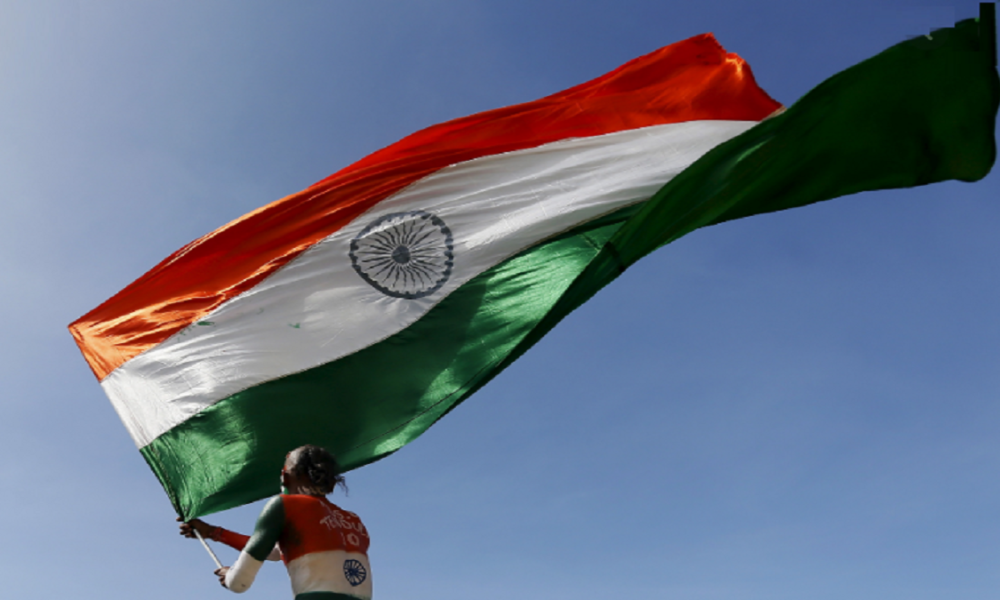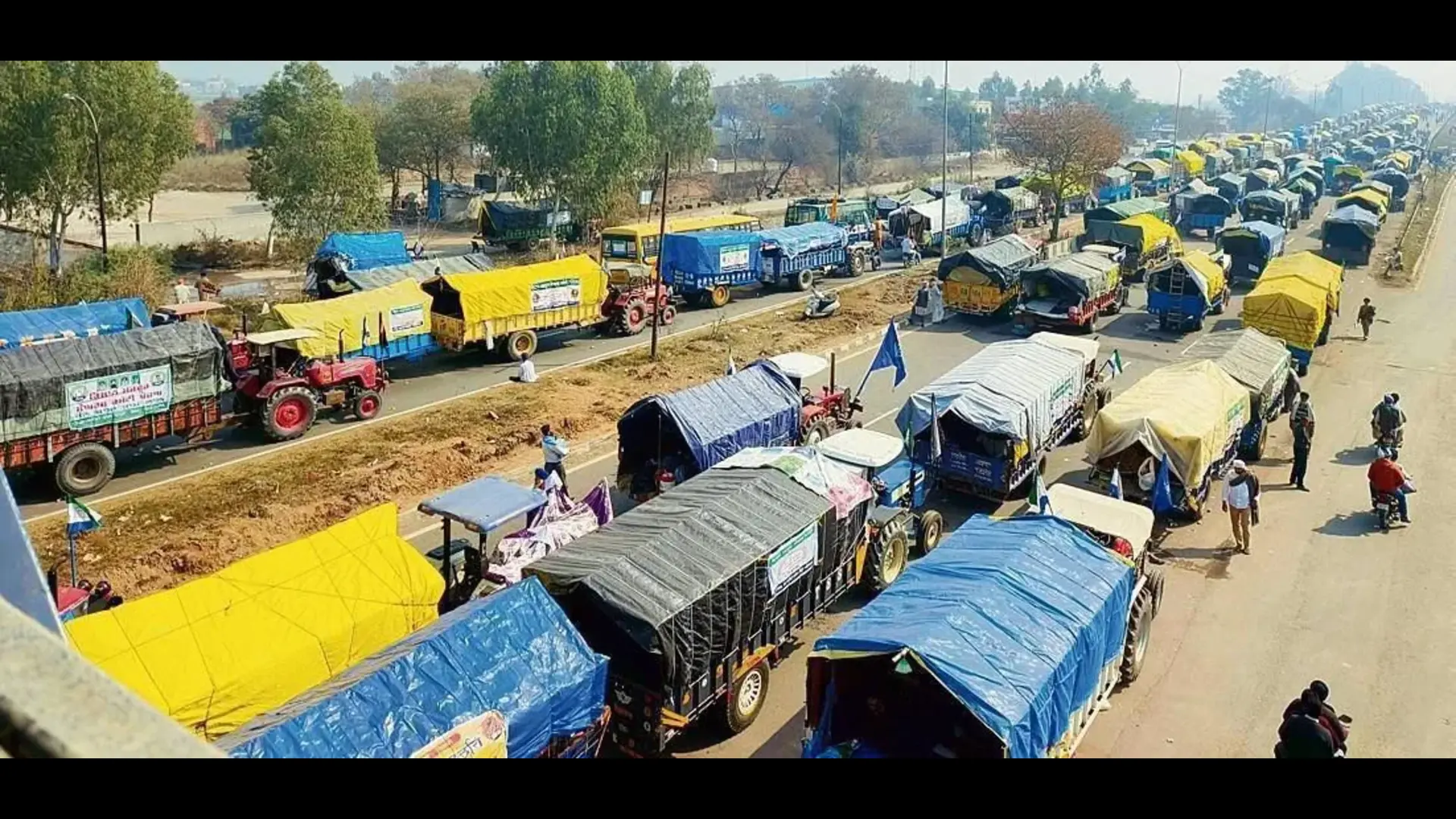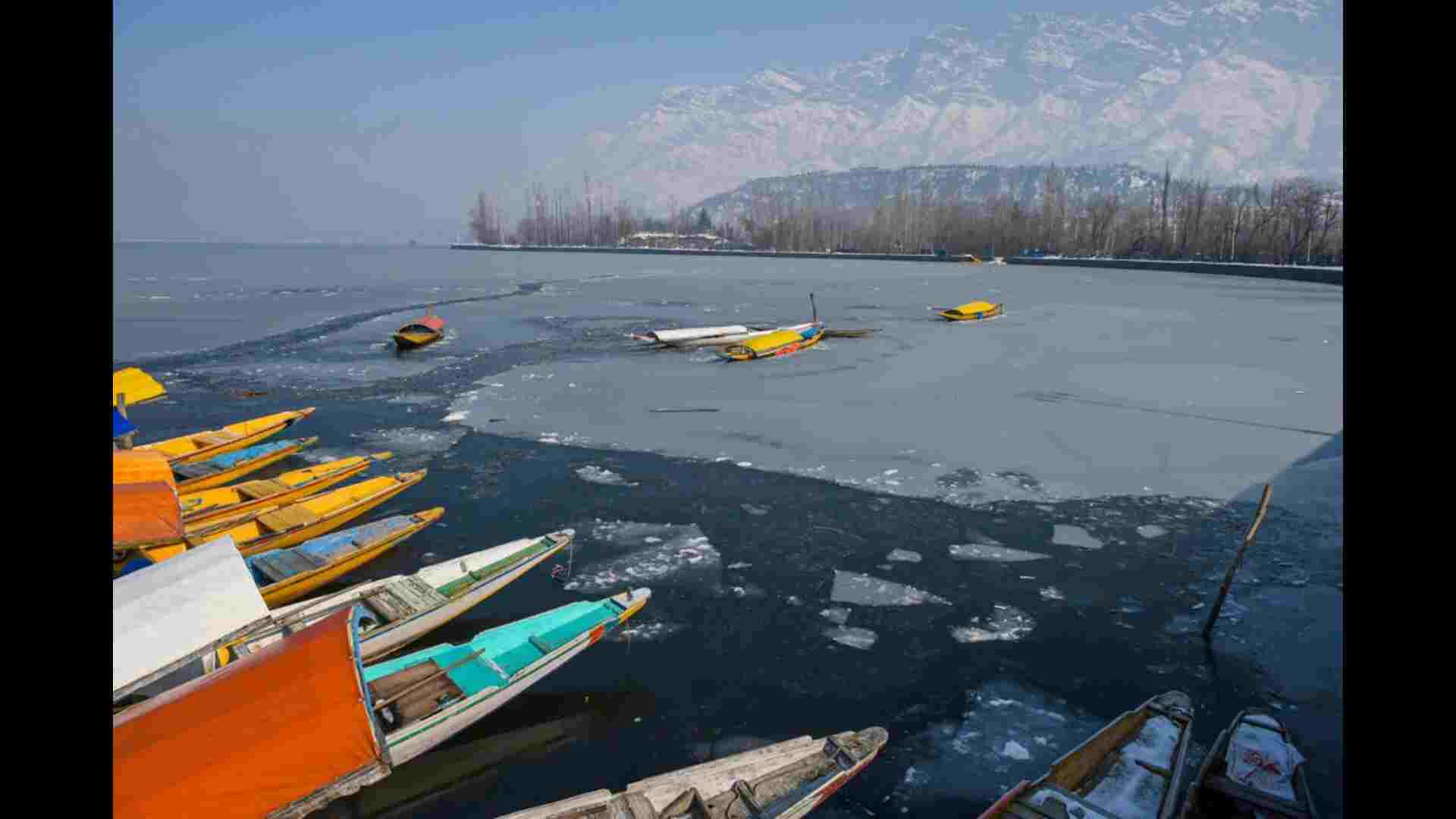A river will always flow. Big boulders can stem the water, but pebbles will float for longer stretches. The case here is about India, which needs to build as many alliances with smaller nations as possible. The trigger for this urgency is Nepal’s “backstabbing”.
Geopolitics is determining domestic politics unprecedentedly. Local incidents will, in real-time, change priorities and impact well-defined international alliances and relations. India is no exception, or to the contrary, potentially the winner, provided India proactively pursues its own interests. Traditional ties with the world’s bigger powers cannot be substituted, but smaller nations will be much more important. At the outset such nations have no hidden agenda, but will provide stability and predictability. They mean business based on mutual cooperation, goodwill and “hearty” relations.
Thanks to the geographic reality which gives the Indian subcontinent a uniform feature, India’s neighbourhood policy has been guided by the principle that to ensure peace within its borders, India needs to ensure peace in neighbouring states. This principle also meant that India would not allow extra-regional players to have influence in the Indian neighborhood which could mean trouble for India. This has been the singular reason for Indian “interference” in each of its neighbouring states, save Pakistan where New Delhi never found strategic traction. India also has an unbeatable reputation for tardy and delayed project delivery. This resulted in all its small neighbouring states resenting India’s domineering “big brotherly” attitude, and actively searching for alternative patrons.
In the last twenty years, China proved a more forthcoming and charitable player, and demanded nothing in return. Resultantly, India lost the closer smaller nations, who paid lip service to historical relations with India and yet cozied up to Beijing, often playing launching board for anti-India activities and plans, willingly or otherwise. Nepal is only the latest episode of the play enacted by Sri Lanka, Bangladesh, and the Maldives earlier.
Apart from neighbours, India’s “cold and under-leveraged” relations with the strong, yet isolated Nordic and Baltic countries — which today have shown that they are standing with India and are against China’s “misadventures” – is a case in point. There may be many in Africa, Central Asia and even in Southeast Asia, where India’s “pro-active diplomacy” is most urgent. Of late, we started getting reliant on big players and this is not the folly of the current government, but previous regimes, which for instance, started distancing from Brahmastra (ultimate weapon) like Tibet against China’s expansionist agenda. We have scored against China in Myanmar and in Cambodia when we got the restoration projects of famous Pagodas and Angkor Vat temple, but we failed to restore back our diplomatic ties as desired with these critical nations having regional significance.
What India has not learned — and needs to master at the earliest — is that by nature of geography and size differential, small states will always be our big assets in “backyard diplomacy”. India can still win hearts with the “goodwill tag” it commands. It needs to be humble, and must go the extra mile to win hearts. Practically, India needs to ensure it is not seen as interfering in small neighbours’ internal politics, open its purse loose and deliver projects fast, without asking for any reciprocation. Only then it can beat the Dragon in its backyard.
As a top diplomat in New Delhi rightly pointed out, “Emerging as a global power, India would definitely benefit from a pro-active engagement with the world’s many smaller nations. Think big and act with the smaller — the winner takes it all.’’






